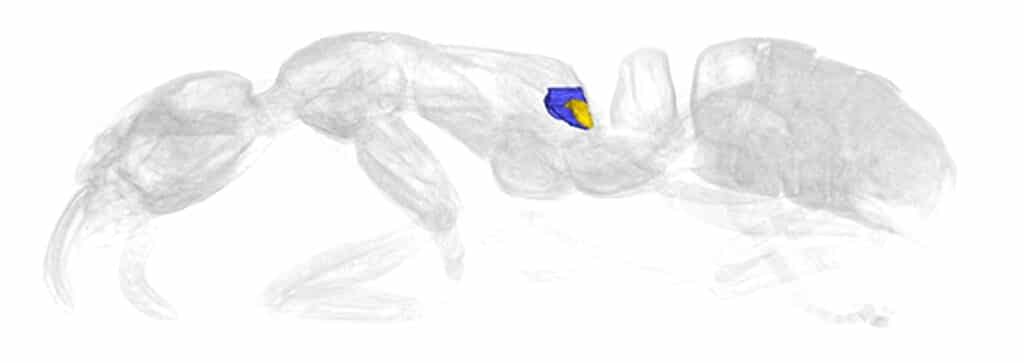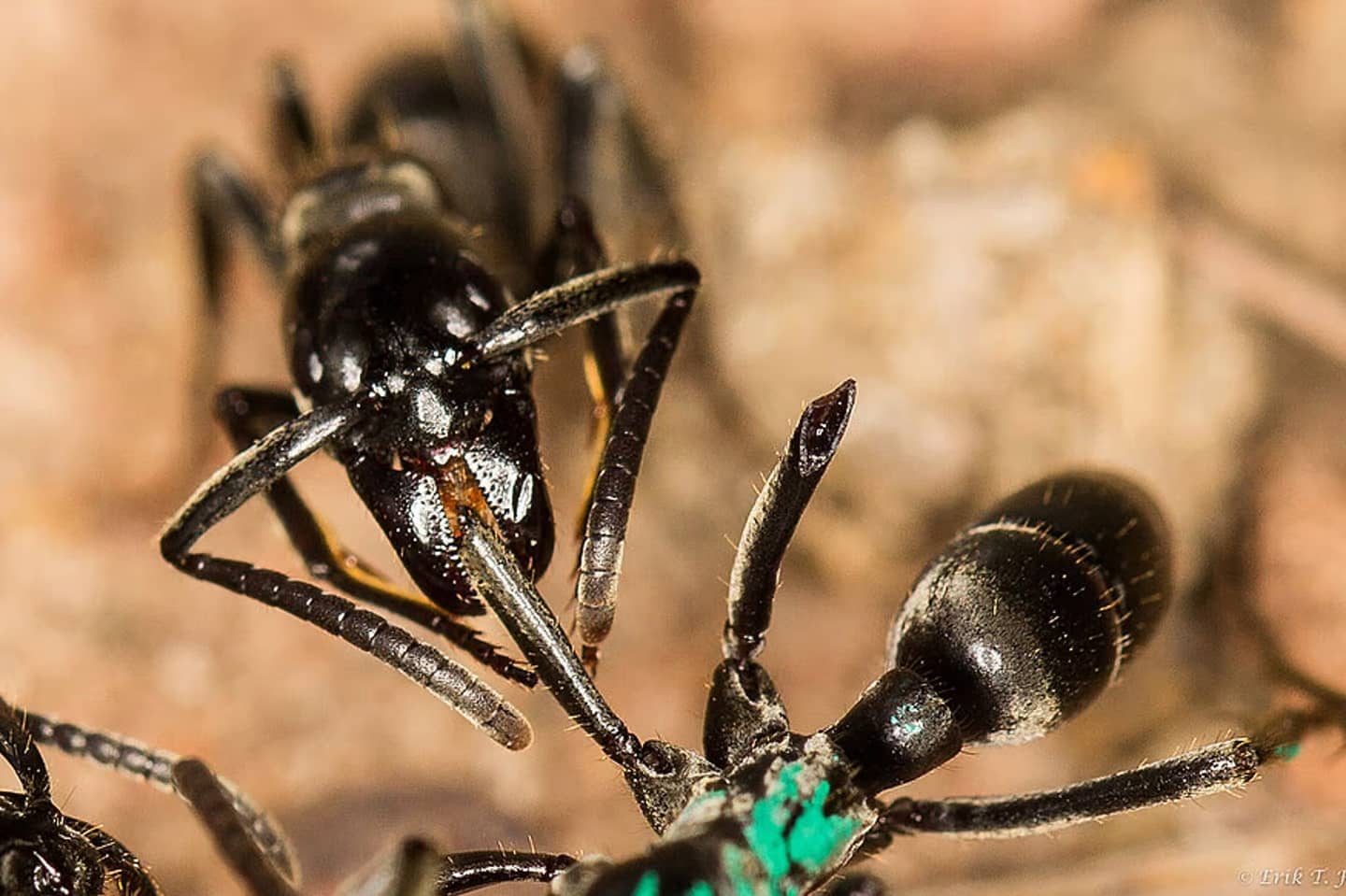In the animal kingdom, cunning and ingenuity are not exclusively human prerogatives. Recently, an international team of researchers discovered extraordinary behavior in Matabele ants (megaponera analysis): the use of natural antibiotics to treat infected wounds in their companions.
This surprising adaptation observed in sub-Saharan Africa could open new frontiers (even better than those in construction) in the fight against bacterial infections. Even those resistant to antibiotics in humans.
A unique behavior in the animal kingdom
The discovery of this medical practice in the ant world is unique. Matabele ants, known for their coordinated attacks on termite colonies, now show an unexpectedly sophisticated side to their social behavior.
When a member of the group is wounded in battle, other ants detect the change in the hydrocarbon profile of the wounded comrade's cuticle and intervene with a specific treatment.
The scientists observed that the ants use secretions produced by their metapleural glands, located on the sides of the thorax, to apply antibiotic liquids to wounds. The behavior showed a reduction in mortality rate by approximately 90% in infected ants, a remarkably high percentage which demonstrates the effectiveness of the treatment.

Natural antibiotics from ants: implications for human medicine
This discovery could have significant implications in human medical research. The bacterium pseudomonas aeruginosa, often involved in infections treated by ants, is known for its resistance to conventional antibiotics. The isolation and analysis of antibiotics produced by ants could provide new avenues for developing treatments against resistant bacterial infections in humans.
Dr Erik Frank of the Julius-Maximilians University of Würzburg and Prof. Laurent Keller from the University of Lausanne led the research published in Nature Communications (that I link to you here). The two academics underline the importance of these results.
Except for humans, I know of no other living creature capable of performing such sophisticated medical treatments. This discovery could inspire new approaches in the field of regenerative medicine and pharmacology.
Erik Frank, Julius-Maximilians University of Würzburg
Once again, the key word is imperative. Which? I broke your soul, you know it. AND "biomimetics“. And bless her!


